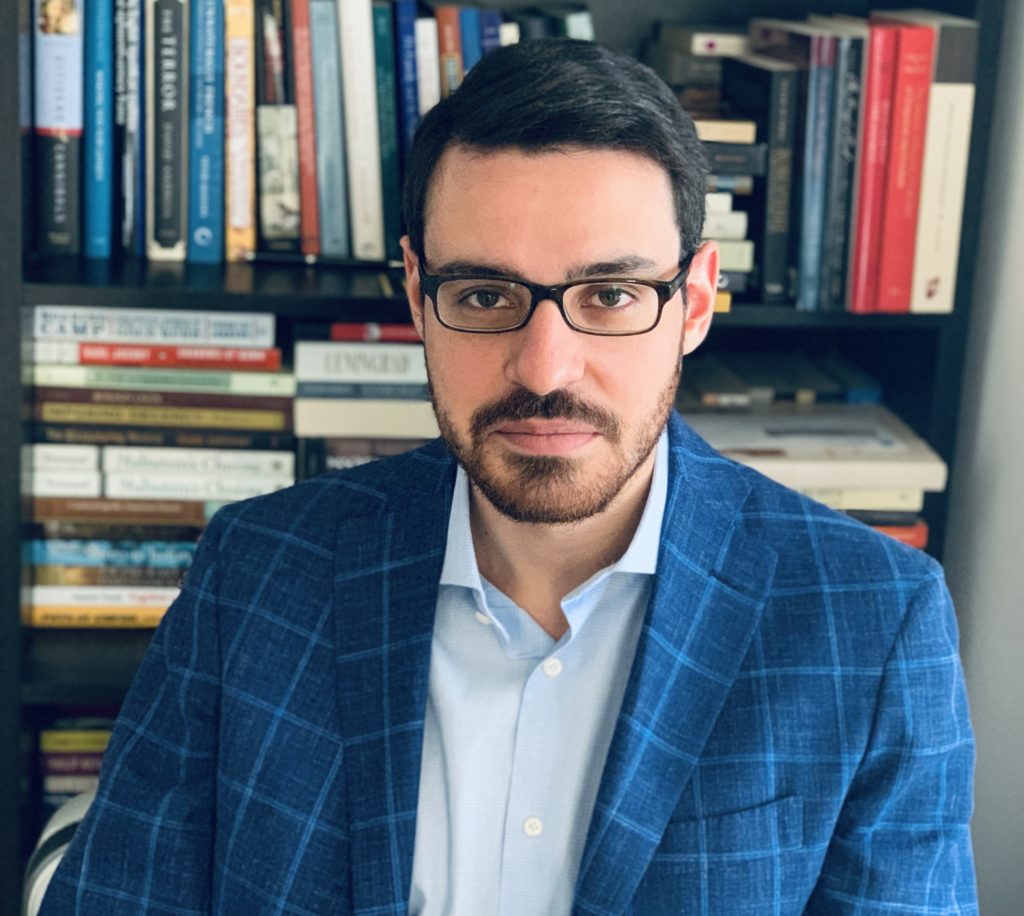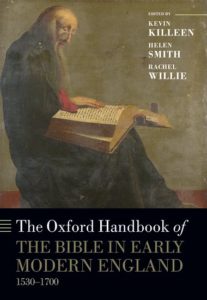Glauco Schettini’s article, “Confessional Modernity: Nicola Spedalieri, the Catholic Church and the French Revolution, c.1775-1800,” published in Modern Intellectual History (Cambridge University Press), reconsiders the Catholic reaction to the French Revolution and more broadly to the emergence of what we usually term “modernity.”
The article focuses on Nicola Spedalieri’s On the Rights of Man (1791) and on the debate that its publication sparked in Italy and beyond. The outbreak of the French Revolution in 1789 and the polarization of public opinion between the supporters of the new regime and its relentless opponents convinced Spedalieri (1740-95), a well-reputed Catholic theologian, of the need to find a via media between these two extremes. Assuming the re-Christianization of the postrevolutionary world as his goal, Spedalieri argued that some aspects of revolutionary political culture (representative institutions, the idea of a social contract, the notion of human rights) were acceptable from a Catholic standpoint as long as the revolutionaries, in turn, agreed to abandon secularization and to uphold the traditional confessional organization of the state, recognizing Catholicism as the official state religion. It was not modernity itself, Spedalieri claimed, that should be rejected, but secularization, for a different modernity from that conceived by the revolutionaries was possible—a confessional modernity, combining revolutionary politics and confessional states. Far from gaining immediate acceptance, Spedalieri’s ideas were harshly criticized during the 1790s and then set aside by the triumph of reactionary Catholicism during the Restoration. However, they resurfaced later in the nineteenth century and ultimately played a decisive role in the development of the church’s attitudes toward modern culture, for they carved a path for Catholics to fight secularization from within and to reshape modernity accordingly.A free online version of the article is available here.

Glauco Schettini (Ph.D. Student at Fordham University)



